2 Indians among 107 killed in crane crash at Grand Mosque in Makkah
Sat 12 Sep 2015, 10:27:37
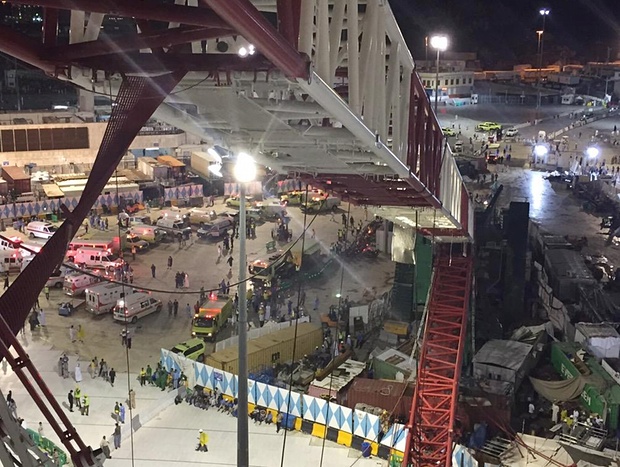
Riyadh: At least 107 people were killed and over 238 were wounded when a crane toppled over at Makkah’s Grand Mosque on Friday, Saudi Arabia's Civil Defence Authority said, less than two weeks before the annual haj pilgrimage.
Two Indians died in the mishap, according to a Ministry of External Affairs tweet. The accident also left 15 Indians wounded.“Our Consulate in Jeddah is monitoring situation in Makkah following tragic accident. We have recd reports that 9 Indian pilgrims are injured,” Ministry of External Affairs spokesperson Vikas Swarup tweeted.
He said senior Indian officers, including the Consul General, are in Makkah and Indian doctors deployed in all government hospitals are trying to get more information.
"All those who were wounded and the dead have been taken to hospital. There are no casualties left at the location," General Suleiman al-Amr, director-general of the Civil Defence Authority, told al-Ikhbariya television. Strong wind and rains had uprooted trees and rocked cranes in the area, he said.
A statement by a spokesman for the administration of the mosques in Makkah and Madina said the crane smashed into the part of the Grand Mosque where worshippers circle the Kaaba — the black-clad cube towards
which Muslims face to pray.
which Muslims face to pray.
Pictures circulating on social media showed pilgrims in bloodied robes and debris from a part of the crane that appeared to have crashed through a ceiling.
Saudi authorities go to great lengths to prepare for the millions of Muslims who converge on Makkah to perform the sacred pilgrimage. Last year, they reduced the numbers permitted to make the haj pilgrimage on safety grounds because of construction work to enlarge the Grand Mosque.
The haj, one of the largest religious gatherings in the world, has been prone to disasters in the past, mainly from stampedes as pilgrims rush to complete rituals and return home. Hundreds of pilgrims died in such a crush in 2006.
Saudi authorities have since spent vast sums to expand the main haj sites and improve Makkah’s transport system, in an effort to prevent more disasters.
Security services often ring Islam's sacred city with checkpoints and other measures to prevent people arriving for the pilgrimage without authorisation.
Those procedures, aimed at reducing crowd pressure which can lead to stampedes, fires and other hazards, have been intensified in recent years as security threats grow throughout the Middle East.
No Comments For This Post, Be first to write a Comment.
Most viewed from Specials
Most viewed from World
AIMIM News
Latest Urdu News
Most Viewed
May 26, 2020
Can Lionel Messi's visit boost Indian football?
Latest Videos View All
Like Us
Home
About Us
Advertise With Us
All Polls
Epaper Archives
Privacy Policy
Contact Us
Download Etemaad App
© 2026 Etemaad Daily News, All Rights Reserved.

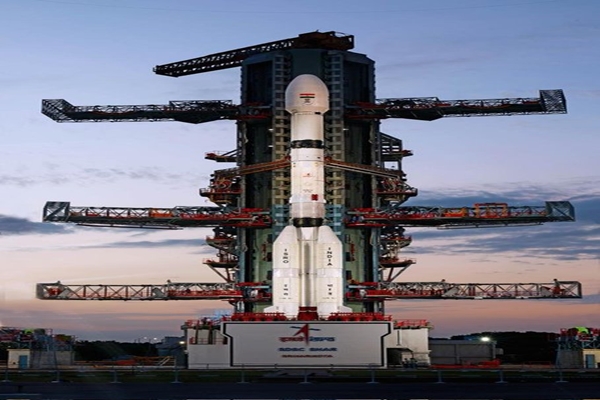
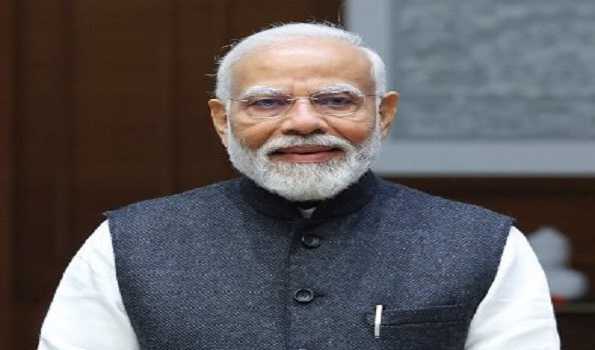
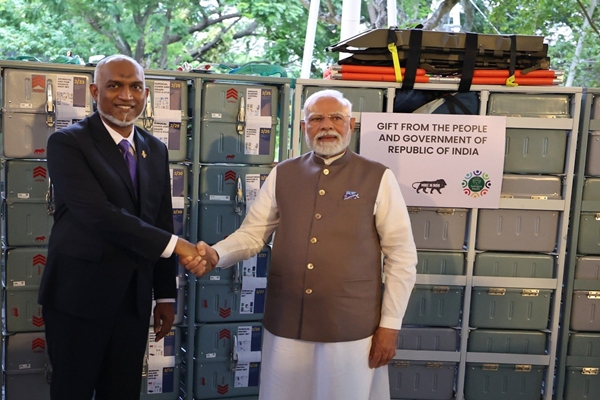
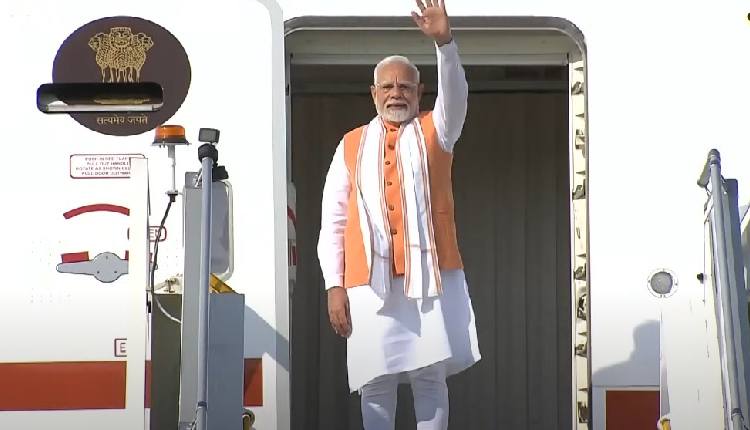
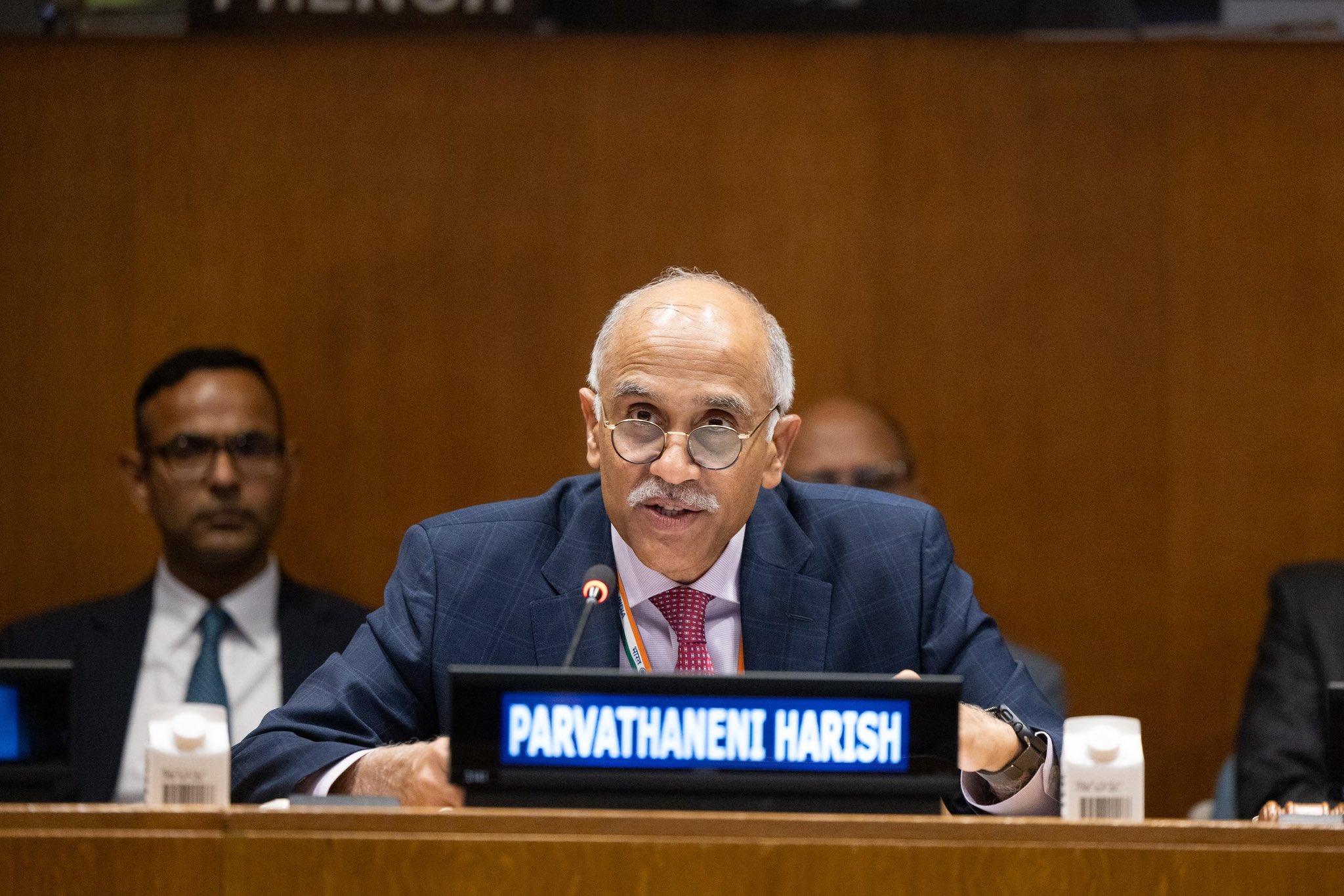
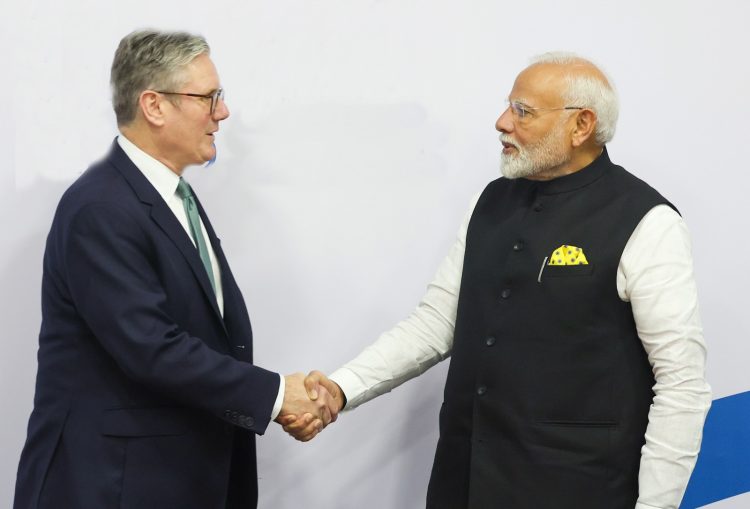
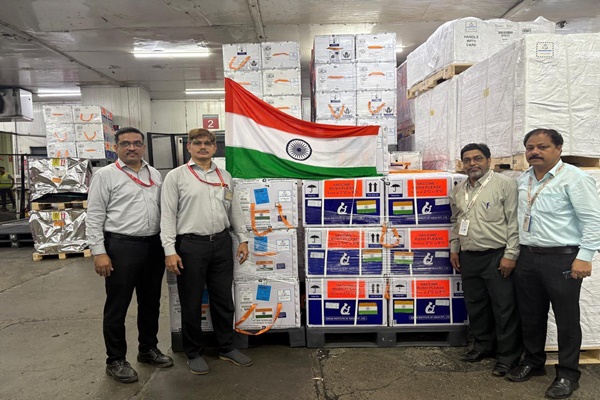
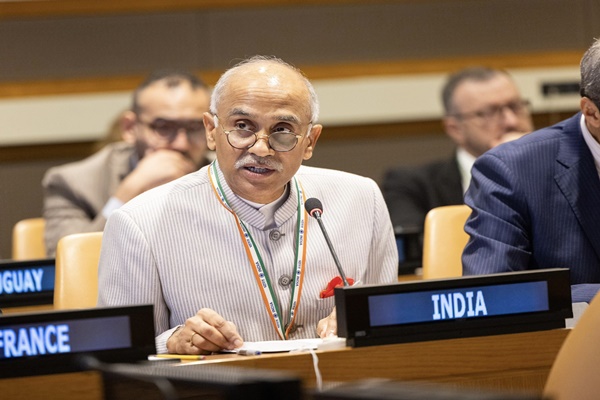
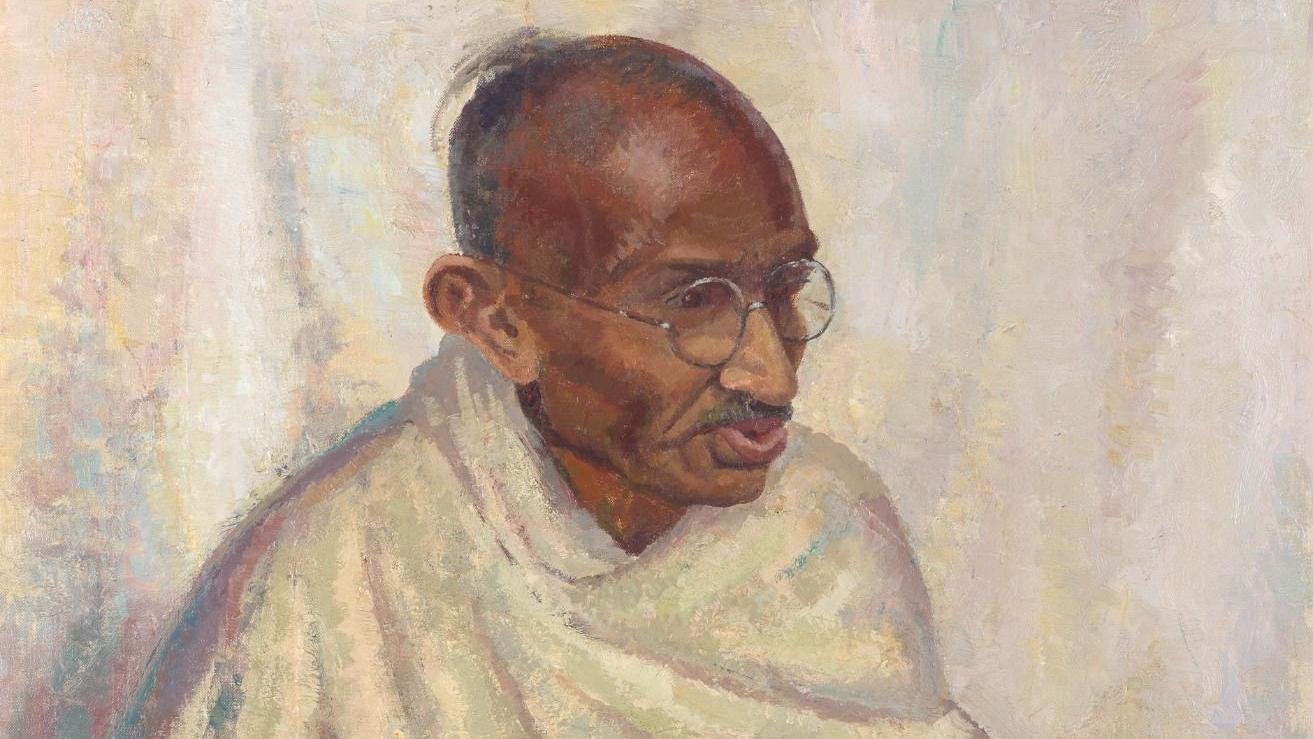
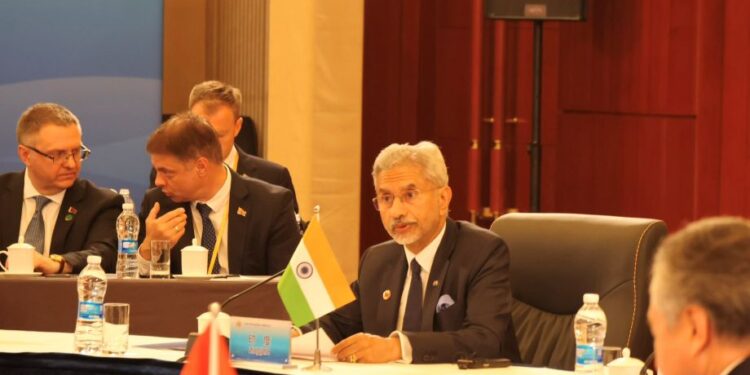
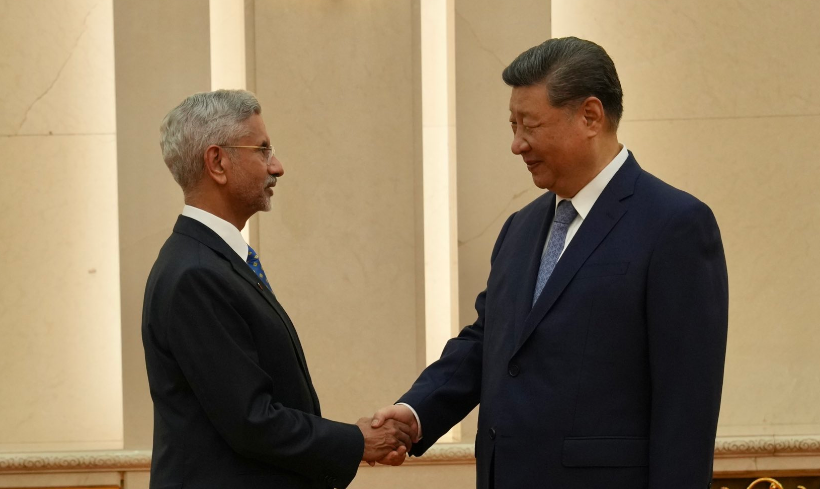
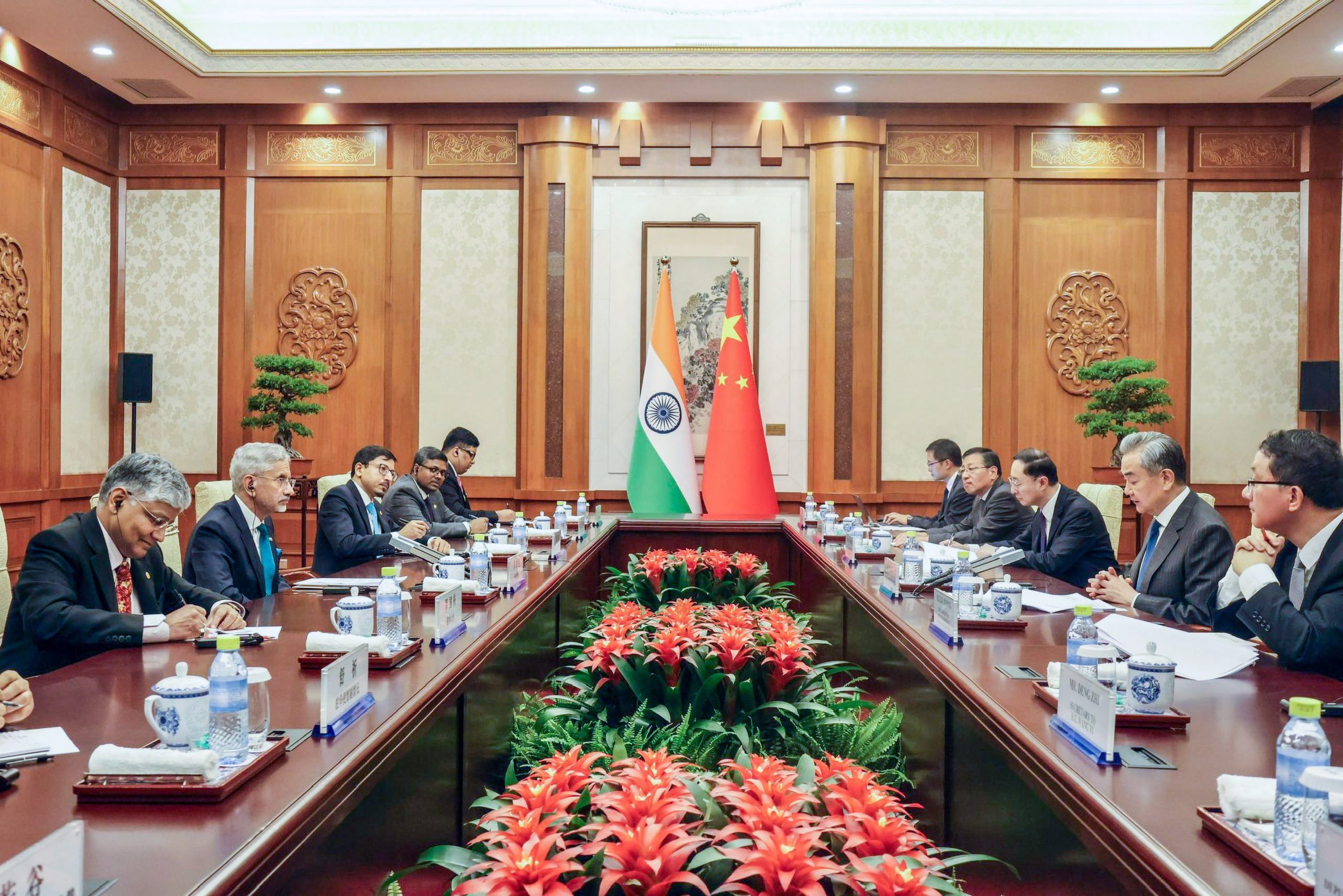
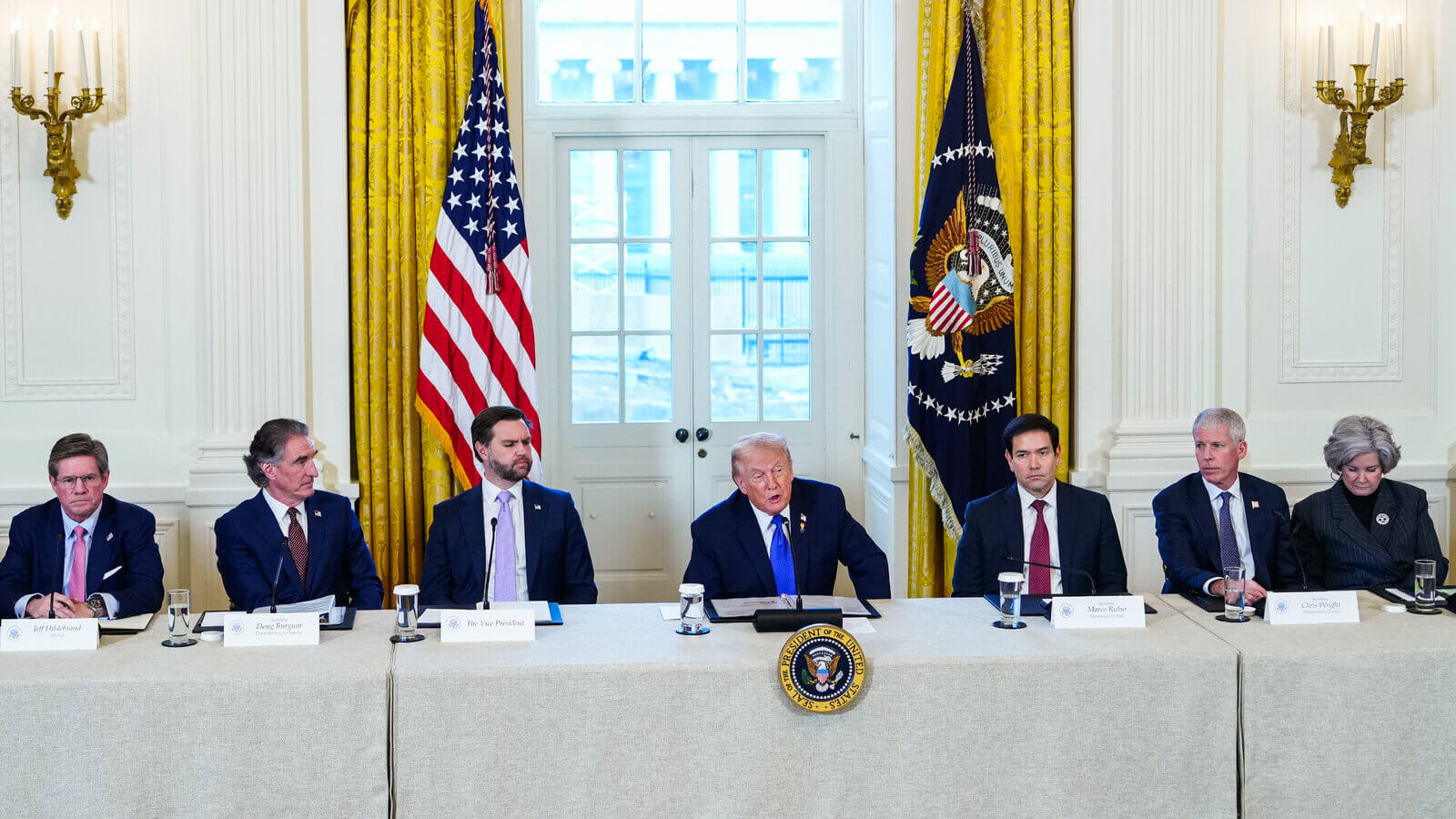
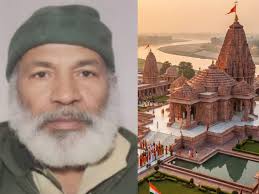

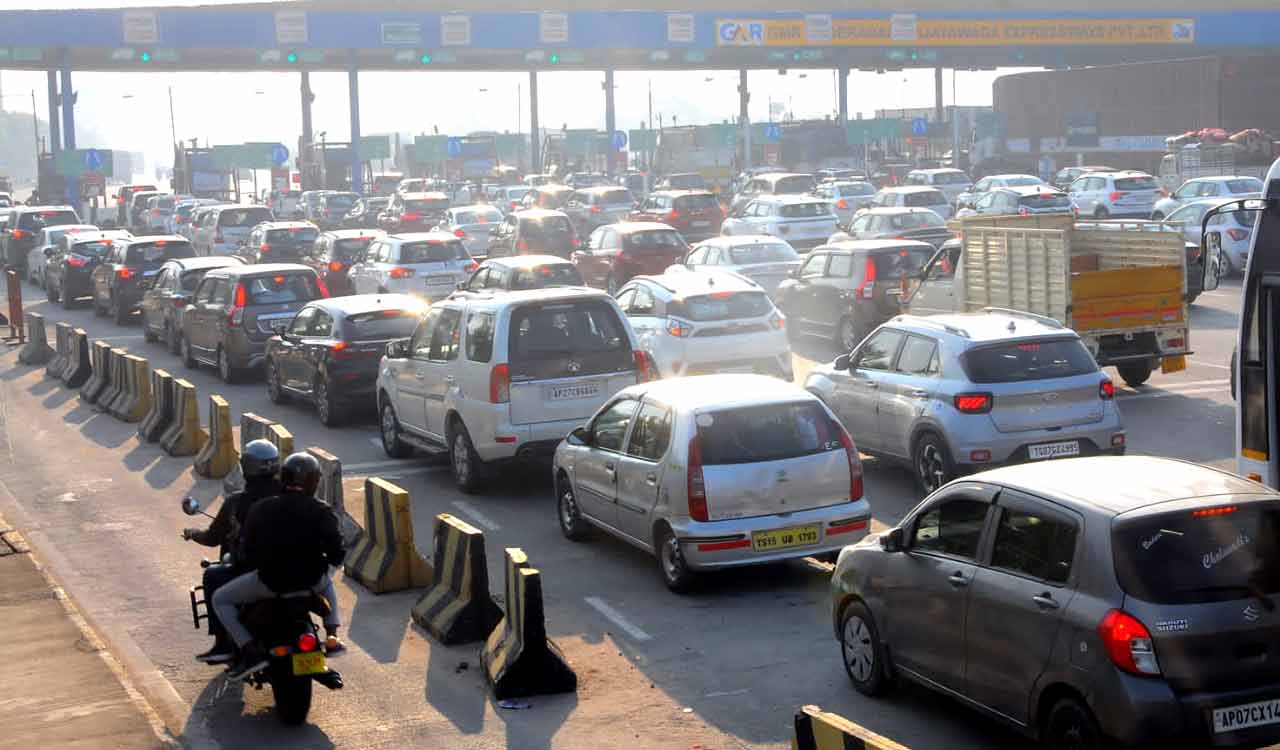
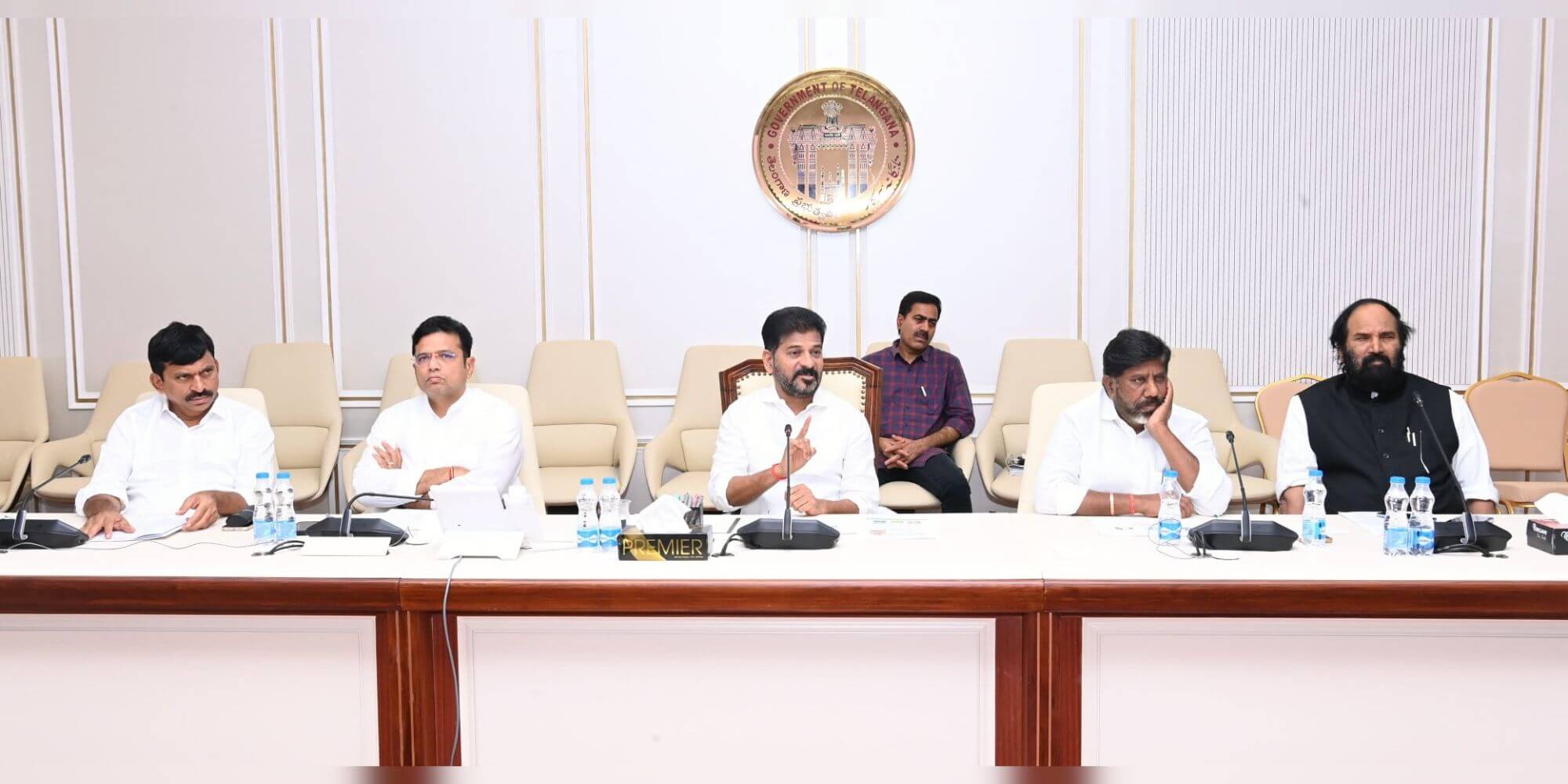

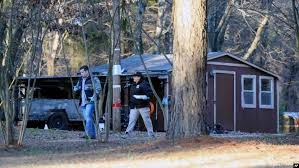
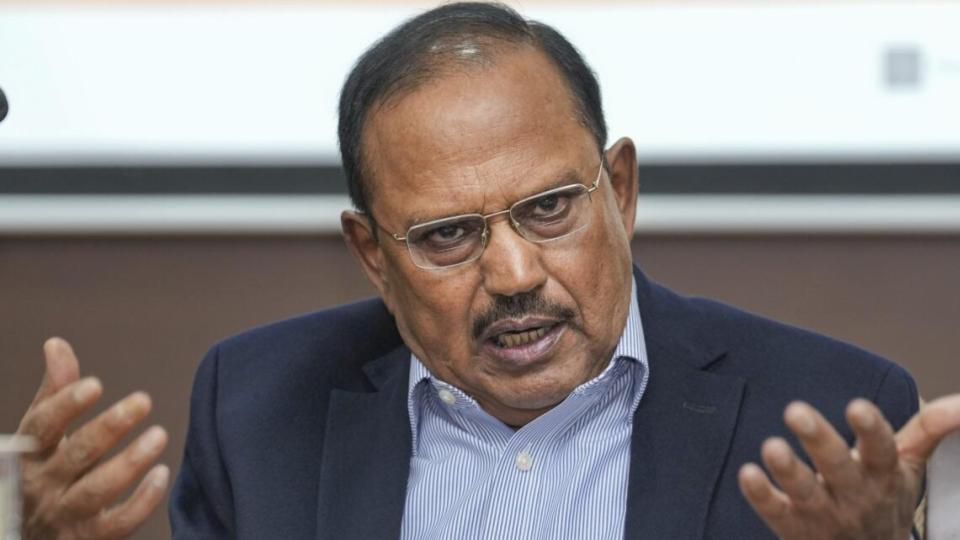
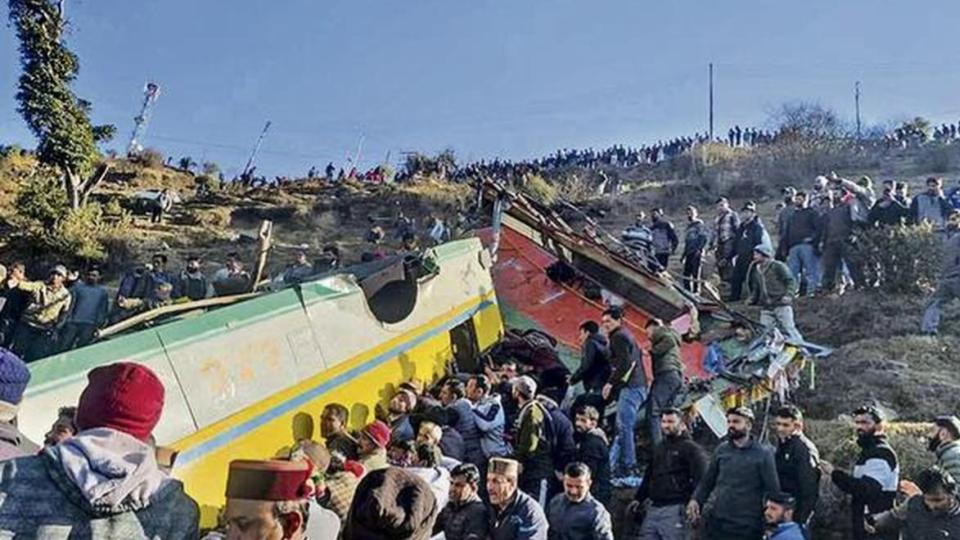
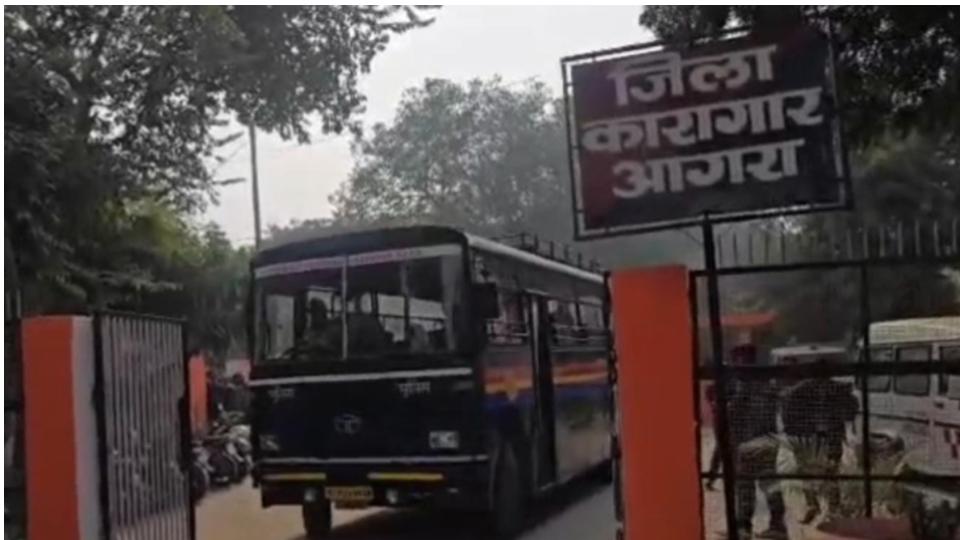
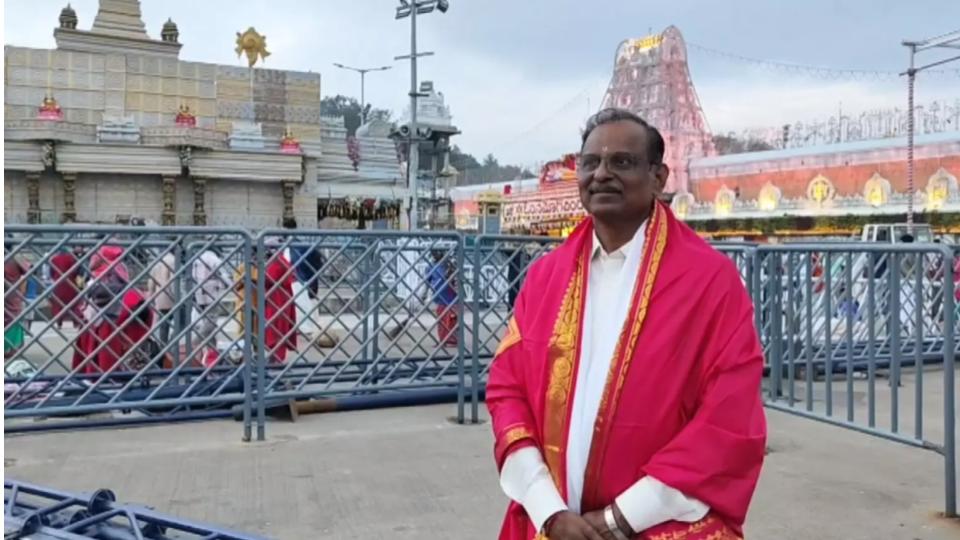
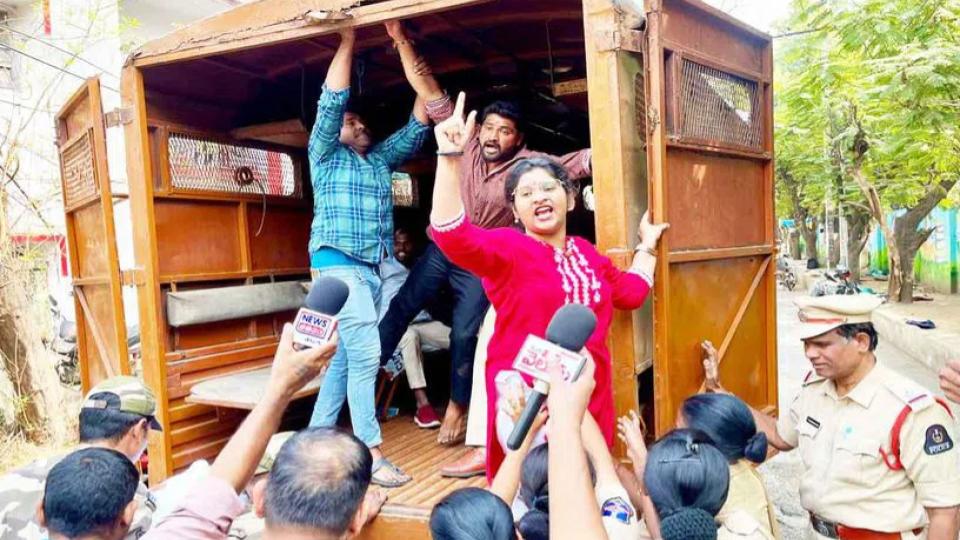












.jpg)
.jpg)
.jpg)


